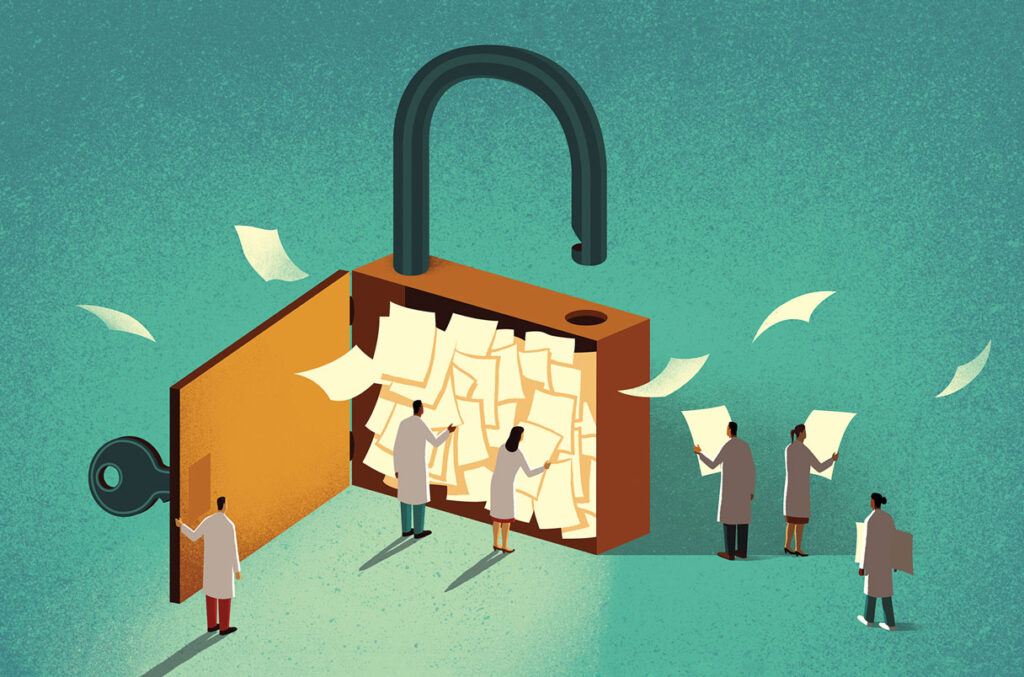
Researchers Need Open Bibliographic Databases
Researchers Need Open Bibliographic Databases https://opusproject.eu/wp-content/uploads/2024/04/20240416_car_open-databases-1024x677.jpg 1024 677 Open and Universal Science (OPUS) Project Open and Universal Science (OPUS) Project https://opusproject.eu/wp-content/uploads/2024/04/20240416_car_open-databases-1024x677.jpgWhen universities deliberate over whom to hire, promote, or fund, they often go beyond just reviewing application materials. Many turn to databases that compile publication details, including authors, affiliations, citations, and funding sources. These databases generate metrics to gauge a researcher’s productivity and the quality of their work.
Prominent databases like Web of Science and Scopus offer access to such data for a fee, supporting various metrics, university rankings, and journal impact factors. However, a recent declaration, signed by over 30 research and funding organizations, advocates for platforms that are free, transparent in their methods, and unrestricted in data usage.
The Barcelona Declaration on Open Research Information emphasizes the importance of addressing the limitations of closed research information in an era increasingly reliant on indicators and analytics in scientific decision-making. Signatories include notable funders like the Bill & Melinda Gates Foundation and academic institutions like Sorbonne University, which has transitioned to the open platform OpenAlex.
The declaration aims to foster broader access to research information, especially beyond English-language journals, promoting the circulation of scientific knowledge produced in diverse languages and regions. Elizabeth Gadd, an expert in scholarly communications, sees the declaration as a significant step towards aligning organizational commitments with open research practices.
To facilitate this transition, the declaration proposes the establishment of a Coalition for Open Research Information, intended to coordinate efforts and share expertise among organizations. While establishing and maintaining research databases pose challenges, alternatives like PubMed, Crossref, and OpenAlex offer promising avenues.
However, concerns about data quality persist, with some experts noting errors in assignments and information retrieval. Despite this, initiatives like OpenAlex are rapidly evolving, with community input driving improvements.
Commercial database providers like Clarivate and Elsevier express support for open initiatives while highlighting the need for diverse perspectives in addressing research challenges. They suggest a shift towards monetizing services rather than data itself, acknowledging the evolving landscape of research information access.
In this evolving landscape, both proprietary and open databases have roles to play, with opportunities for collaboration and innovation. While transitioning to open models may take time, it represents a significant stride towards democratizing access to research information.
Article from Science.org
- Posted In:
- Open Science News




